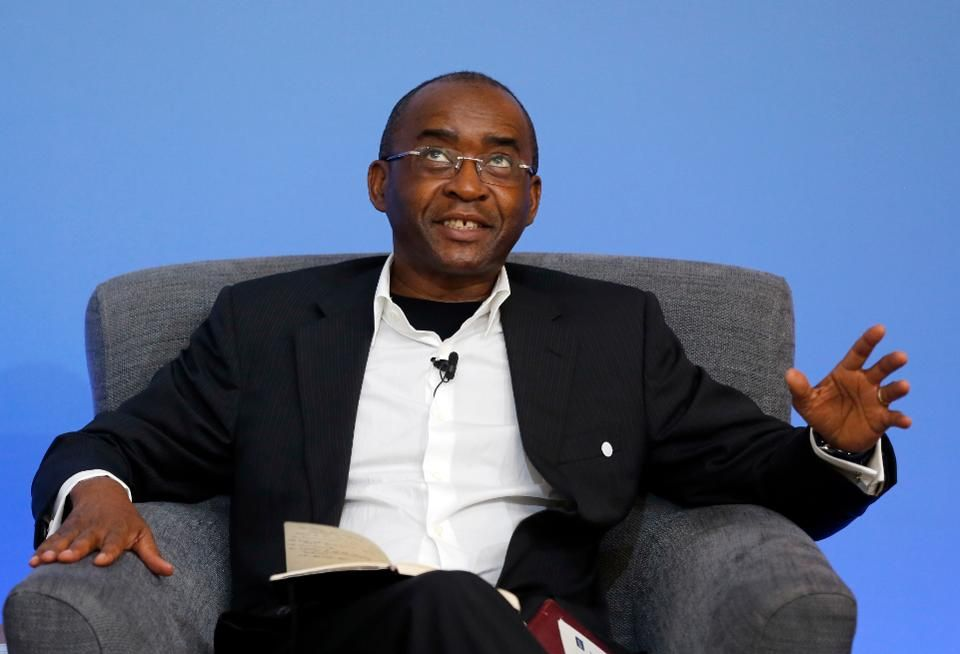By Rebecca Winthrop & Eileen McGivney
The world is facing a significant shift in demographics. In fact, by 2050, Africa will be home to a billion young people. With so many of the world’s youth concentrated in Africa, countries have the advantage of large working-age populations, and could be looking to capitalize on a “demographic dividend.”
But the economic contribution of young people will depend on the skills they possess, placing a premium on education. Unfortunately, many countries in Africa are struggling to educate their current youth, and projections in coming decades predict millions more will be left behind. According to the latest UNESCO Global Education Monitoring Report, based on current trends, sub-Saharan Africa will not achieve universal secondary school completion until after 2080. On top of the issue of schooling completion, millions of young people who do complete school still lack even basic literacy and numeracy skills. Recent estimates from the Education Commission found that more than half the world’s youth in 2030 will not meet even low levels of proficiency.
By 2030 it is predicted that 2 billion jobs will be automated, half of all those in existence today.
McKinsey predicts this will lead to major skills gaps for the workforce, with far more low-skilled workers than low-skilled jobs and far too few medium and high-skilled workers that employers will seek. Gaps in schooling and academic skills will also be exacerbated by changes in the world of work that demand a workforce with a broader set of skills that include critical thinking, collaborative problem solving, information literacy, and creativity. By 2030 it is predicted that 2 billion jobs will be automated, half of all those in existence today. What is perhaps most surprising is that many of these are not manual labour, but those that require “routine cognitive skills” like accountants and lawyers. Already today, the lack of technical skills and “workplace competencies” like teamwork and communication skills are barriers for employers to fill open positions.
This climate poses major challenges for the African education systems to rapidly expand access to high-quality education. As well as shift the focus of education systems from rote academic learning to a teaching and learning environment that fosters the full breadth of skills needed in a changing world. Already research from Brookings’ Center for Universal Education finds that countries across the continent have articulated a vision for education to fulfil this broad mission, and many have included a breadth of skills in curriculum and policy documents. However, most systems are struggling with how to implement a broader vision of high-quality education—which should be a priority in 2017.
Already today, the lack of technical skills and “workplace competencies” like teamwork and communication skills are barriers for employers to fill open positions.
African education systems need to rapidly accelerate progress in order to capitalize on their increasing share of the world’s youth. This will not be accomplished with a business-as-usual approach, but rather requires innovative approaches to teaching and learning, reaching children and youth in and out of school. African countries have already managed to “leapfrog” progress in other sectors—skipping landline phones in favour of mobiles and jumping to mobile banking before reaching everyone through brick-and-mortar banks.
No region may be more primed to do the same in education as well. In fact, our research shows new innovative approaches are reaching even the most marginalized children with more effective ways of teaching and learning breadth of skills. Such innovations are shifting the teaching and learning environment with a focus on “hands-on, minds-on” learning, altering the ways students are assessed and competencies are recognized, and utilizing new tools and technology to personalize learning and better build partnerships between schools and communities. For example, e-Learning Sudan, now called Can’t-Wait to Learn, has managed to bring math instruction to displaced children with no access to schooling by providing tablets with engaging games and lessons that were designed based on their own drawings. Evaluations have shown children can learn basic numeracy skills aligned to the national curriculum quickly, and the program is a flexible and empowering way for children to learn. Learner Guides, a program run by the NGO Camfed in Zimbabwe, Tanzania, Ghana, Zambia, and Malawi, can also help leapfrog educational progress by expanding the education workforce, unburdening teachers, and helping children foster critical life skills like resilience and goal-setting. The program supplements the current schooling system by bringing young women who have completed Camfed’s secondary education program back into their rural communities to facilitate a peer-to-peer learning program.


